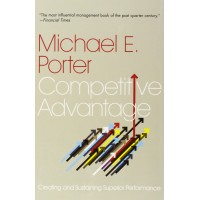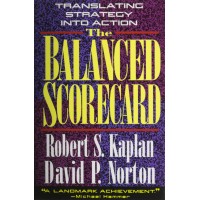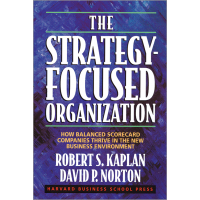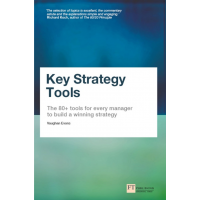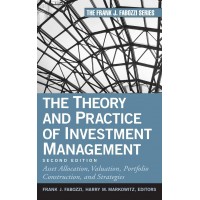Only the Paranoid Survive
How to Exploit the Crisis Points That Challenge Every Company
Andy Grove, founder and former CEO of Intel shares his strategy for success as he takes the reader deep inside the workings of a major company in Only the Paranoid Survive. Under Grove’s leadership, Intel became the world’s largest chip maker and one of the most admired companies in the world. The world's largest chipmaker, reveals how to identify and exploit the key moments of change in any industry that generates either drastic failure or incredible success. Under Andrew Grove's leadership, Intel has become the world's largest computer chipmaker, the 5th most admired company in America, and the 7th most profitable company among the Fortune 500. Few CEOs can claim this level of success.
In Only the Paranoid Survive, Grove reveals his strategy for measuring the nightmare moment every leader dreads–when massive change occurs and a company must, virtually overnight, adapt or fall by the wayside–in a new way. Grove calls such a moment a Strategic Inflection Point, which can be set off by almost anything: mega-competition, a change in regulations, or a seemingly modest change in technology. When a Strategic Inflection Point hits, the ordinary rules of business go out the window. Yet, managed right, a Strategic Inflection Point can be an opportunity to win in the marketplace and emerge stronger than ever.
Grove underscores his message by examining his own record of success and failure, including how he navigated the events of the Pentium flaw, which threatened Intel’s reputation in 1994, and how he has dealt with the explosions in growth of the Internet. The work of a lifetime, Only the Paranoid Survive is a classic of managerial and leadership skills.
Grove attributes much of it to the philosophy and strategy he has learned the hard way as he steered Intel through a series of potential major disasters. There are moments in any business when massive change occurs, when all the rules of business shift fast, furiously and forever. Grove calls such moments strategic inflection points (SIPs), and he has lived through several. They can be set off by almost anything - by mega competition, an arcane change in regulations, or by a seemingly modest change in technology. They are not always easy to spot - but you can't hide from them. Intel's first SIP was when the Japanese started producing better-quality, lower-cost memory chips. It took Grove three years and huge losses to recognize that he had to rethink and reposition the company to become, once again, leader in its field.
Grove extrapolates the lessons he has learned from this and other SIPs - for instance the drama of the Pentium flaw, and the SIP brought on by the Internet - to reveal a unique insight into the management of change. He recounts strategies from other companies and examines his own record of success and failure. Only the Paranoid Survive is a classic lesson in leadership skills that every manager in every industry will benefit from. Every manager must assume that something will change - very soon.
"Probably the best book on business written by a business person since Alfred Sloan’s My Years with General Motors." —Forbes
"This terrific book is dangerous…It will make people think." –Peter Drucker
"This book is about one super-important concept. You must learn about Strategic Inflection Points, because sooner or later you are going to live through one." –Steve Jobs, CEO, Pixar Animation Studios
"Andy explains–with modesty that cannot conceal his brilliance, how he has led Intel through changes and challenges that many companies could not cope with…The country will benefit from his vision." –Reed Hundt, Chairman, Federal Communications Commission
About the Author
Andrew Grove, is a Hungarian-born American businessman, engineer, and author. He is a science pioneer in the semiconductor industry. He escaped from Communist-controlled Hungary at the age of 20 and moved to the United States where he finished his education. He participated in the founding of Intel, and became its president in 1979 and chief executive officer in 1987. He helped transform the company into the world's largest manufacturer of semiconductors. He was chosen as Time magazine’s Man of the Year in 1997. In 1998, he stepped down as CEO of Intel, and retired as chairman of the board in 2004.
In 1968, As a result of his work at Intel, and from his books and professional articles, Grove had a considerable influence on the management of modern electronics manufacturing industries worldwide. He has been called the "guy who drove the growth phase" of Silicon Valley.Steve Jobs, when he was considering returning to be Apple's CEO, called Grove, who was someone he "idolized," for his personal advice. One source notes that by his accomplishments at Intel alone, he "merits a place alongside the great business leaders of the 20th century."
Grove taught at the Stanford University Graduate School of Business for twenty-four years. He died in 2016.

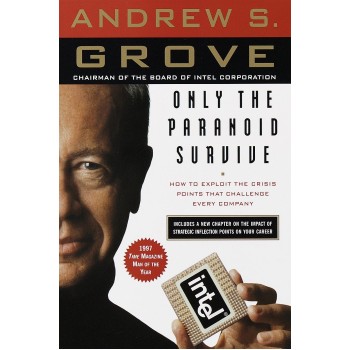
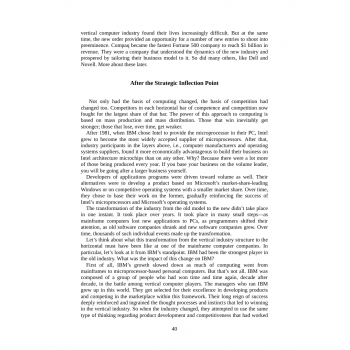
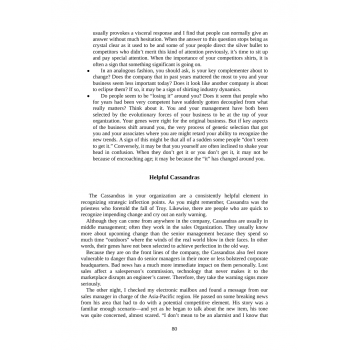
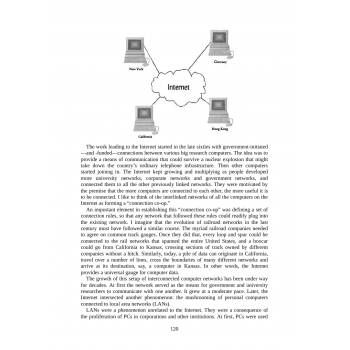
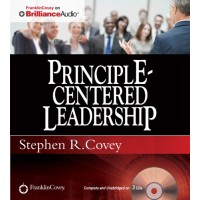


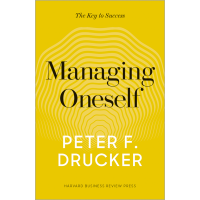
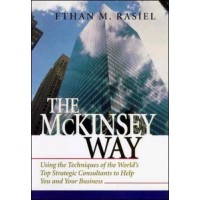
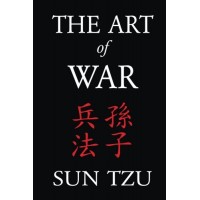


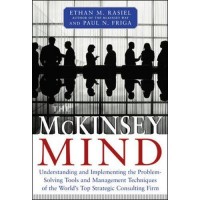
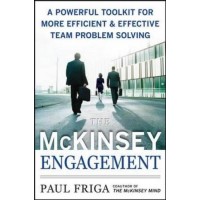
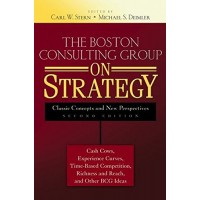
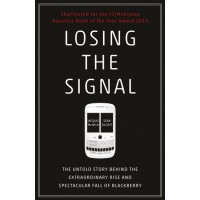







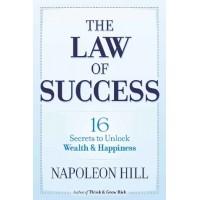


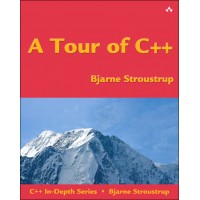
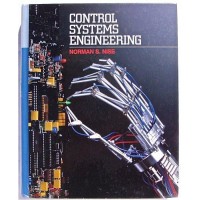
-200x200.jpg)

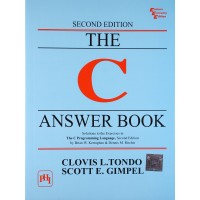
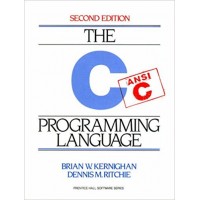



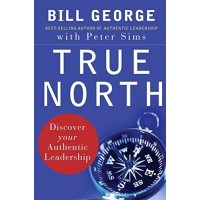
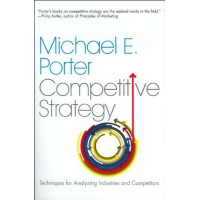

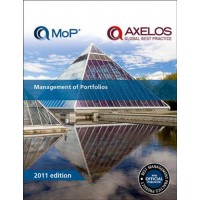


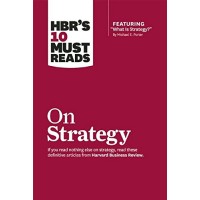
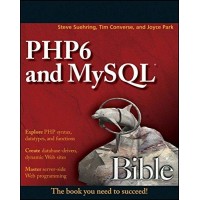
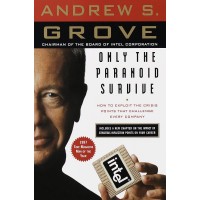
-200x200.png)
-200x200.jpg)
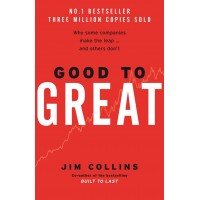
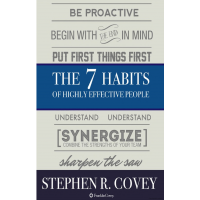
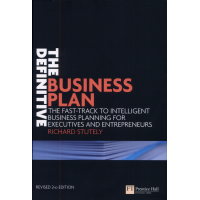






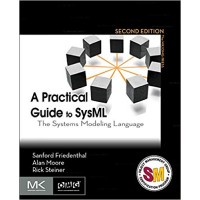

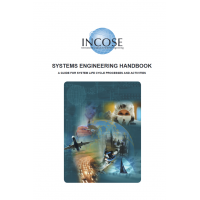




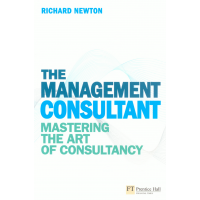
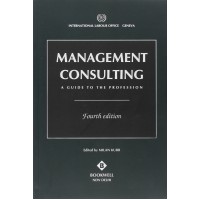

-200x200.jpg)
